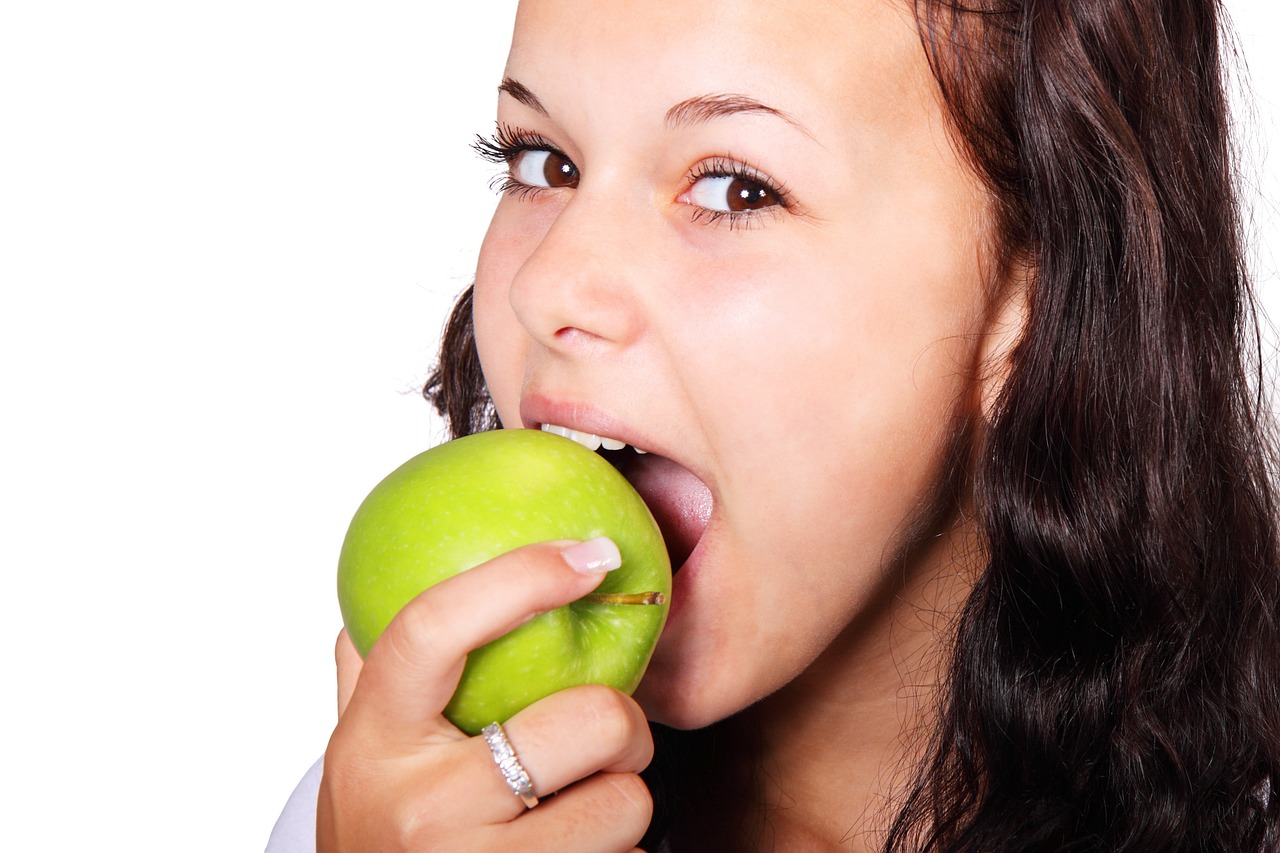
Mouth guards are an essential piece of protective gear for children who play sports. Sports-related dental injuries can be serious, painful, and costly to treat. In fact, according to the American Dental Association, athletes who don’t wear mouth guards are 60 times more likely to experience dental injuries. This is why it’s important to make sure your child wears a mouth guard when playing sports.
Mouth guards are designed to absorb shock and protect the teeth, lips, cheeks, and tongue from injury during sports. They can help prevent broken teeth, knocked-out teeth, and cuts or bruises to the mouth. They can also prevent concussions by reducing the impact of a blow to the jaw.
There are different types of mouth guards available. Stock mouth guards are pre-formed and ready to wear, but they may not fit well and can make it difficult to breathe or speak. Boil-and-bite mouth guards are made from thermoplastic material that softens in hot water and can be molded to fit the child’s teeth. Custom-fitted mouth guards are made by a dentist and provide the best fit and protection.
When choosing a mouth guard, it’s important to consider the type of sport your child plays, as well as the child’s age and size. Some sports, such as football, hockey, and wrestling, have a higher risk of dental injury than others, so a more protective mouth guard may be necessary. Younger children may need a smaller mouth guard that fits their smaller teeth and mouth.
In addition to protecting teeth, mouth guards can also improve performance by helping to stabilize the jaw and reduce muscle fatigue. They can also help athletes breathe better, which can improve endurance.
It’s important to make sure your child’s mouth guard fits properly and is in good condition. A mouth guard that is too loose or too tight can be uncomfortable and may not provide adequate protection. Mouth guards should be replaced if they become worn or damaged.
Overall, mouth guards are an important piece of protective gear for children who play sports. They can help prevent serious dental injuries and improve performance. Parents should encourage their children to wear mouth guards and help them choose the right type and fit. By taking these precautions, parents can help ensure that their children stay safe and healthy while playing sports. For more information on how you can keep your child’s smile safe while playing sports, contact our dental office to schedule a consultation.


















